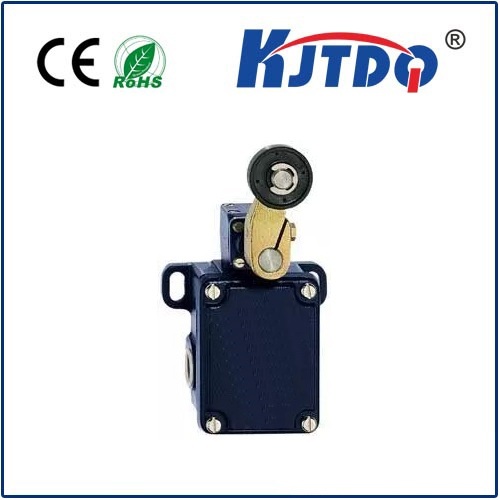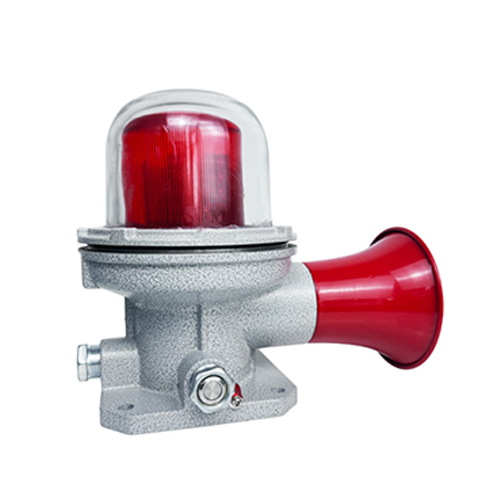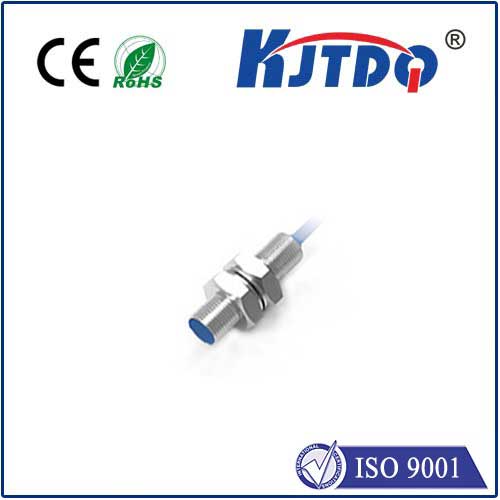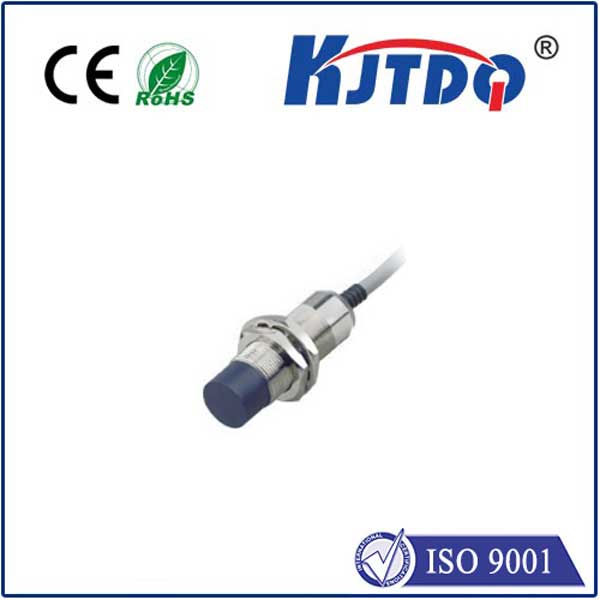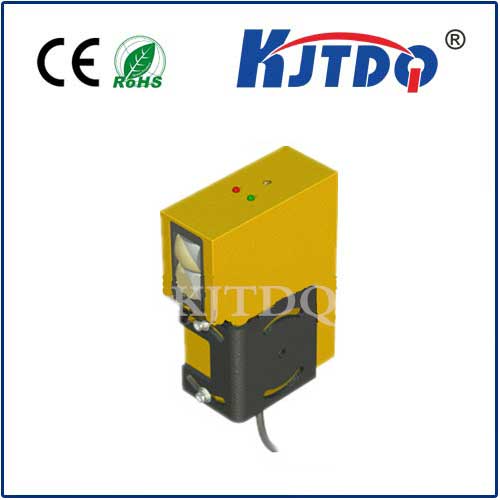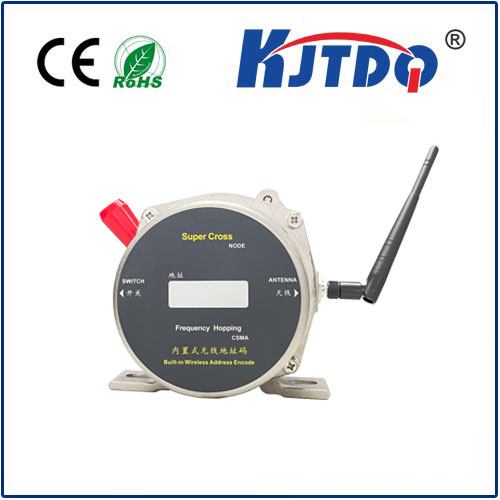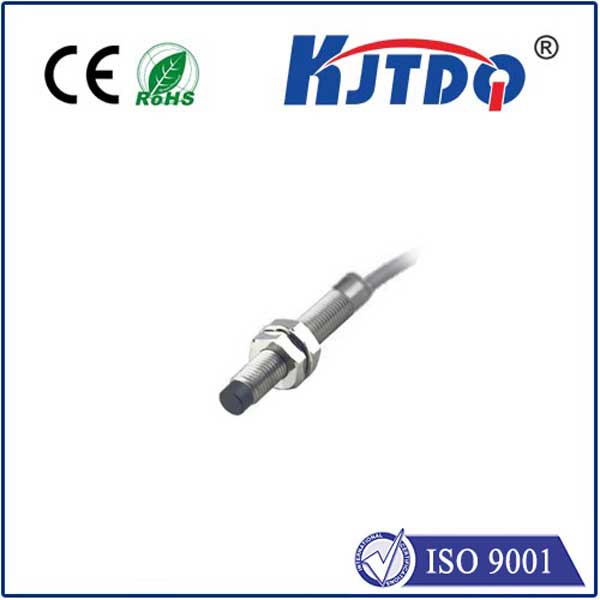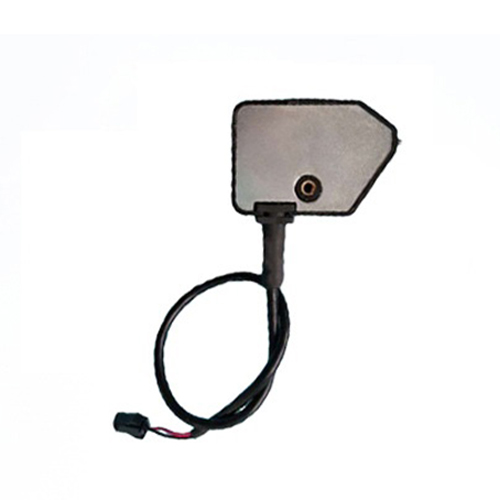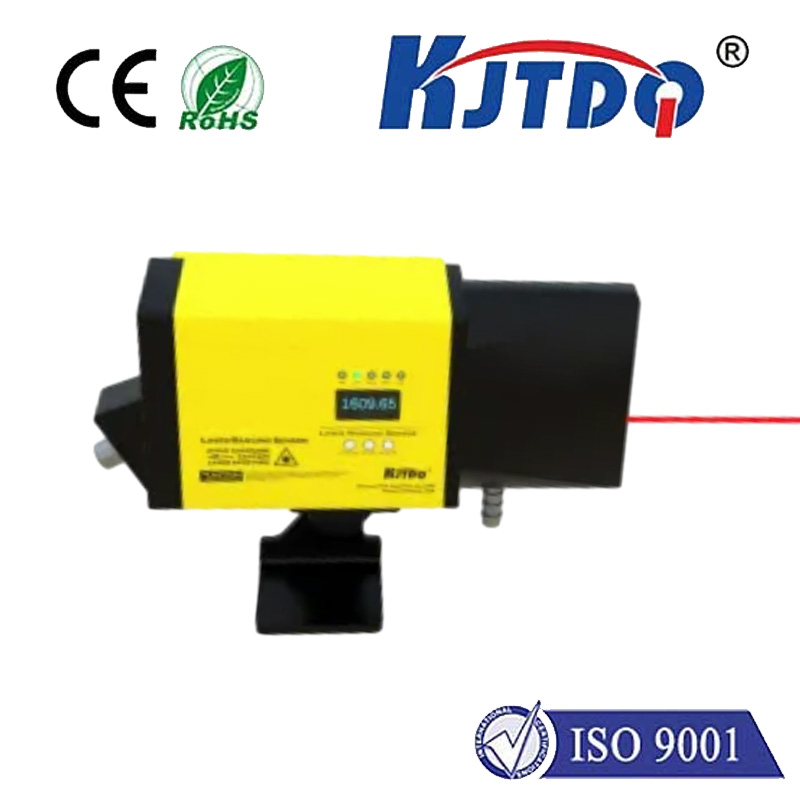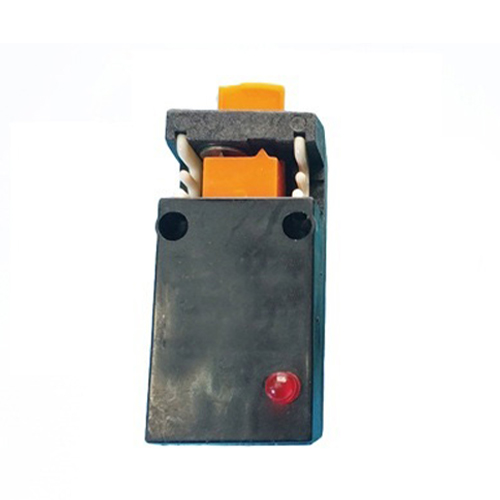

check

check

check

check

check

check

check

check

check

check
Explosion Proof Proximity Sensor: Ensuring Safety in Hazardous Environments
When it comes to industrial applications, safety is always a top priority. One of the most significant risks in such environments is the potential for explosions caused by flammable gases or vapors. To mitigate this risk, explosion-proof proximity sensors have been developed to provide reliable and accurate detection without compromising safety. In this article, we will explore the features and benefits of explosion-proof proximity sensors, as well as their application in various industries.
What is an Explosion Proof Proximity Sensor?
An explosion-proof proximity sensor is a device designed to detect the presence or absence of an object within a specified range without making physical contact with it. These sensors are specifically designed to be used in hazardous environments, such as those containing flammable gases or vapors, where the risk of explosion is high. They are constructed from materials that can withstand explosive forces and are equipped with features that prevent sparks or other sources of ignition from being generated during operation.
Key Features and Benefits of Explosion Proof Proximity Sensors
1. Spark-free operation: One of the key features of an explosion-proof proximity sensor is its ability to operate without generating sparks. This is achieved through the use of intrinsically safe circuitry and design elements that prevent any electrical discharges from occurring.

2. High-temperature resistance: These sensors are also designed to withstand extreme temperatures, which is crucial in environments where heat is a common factor. They can continue to function effectively even under high-temperature conditions.
3. Corrosion resistance: The materials used in the construction of explosion-proof proximity sensors are carefully chosen to resist corrosion from chemicals or moisture. This ensures that the sensor remains functional and accurate over time, even in harsh environments.
4. Reliability: These sensors are known for their reliability and durability, making them ideal for continuous use in industrial settings. They are built to last and can handle the demands of heavy machinery and equipment.
Applications of Explosion Proof Proximity Sensors
Explosion-proof proximity sensors have a wide range of applications in various industries, including:
1. Oil and gas refineries: In refineries, where flammable gases and vapors are commonly present, explosion-proof proximity sensors are essential for ensuring worker safety and preventing accidents.
2. Chemical plants: These sensors are also widely used in chemical plants, where they help monitor processes and detect potential hazards before they become dangerous.
3. Mining operations: In mining operations, explosion-proof proximity sensors are used to detect the presence of minerals or rock formations, allowing for more efficient extraction and reducing the risk of accidents caused by unexpected obstructions.
4. Food and beverage production: Even in non-hazardous environments like food and beverage production facilities, explosion-proof proximity sensors can be useful for monitoring processes and ensuring product quality.
Conclusion
Explosion-proof proximity sensors play a critical role in ensuring safety and efficiency in hazardous environments. With their ability to operate without generating sparks, withstand extreme temperatures, resist corrosion, and provide reliable detection, these sensors are an essential tool for many industries. By incorporating explosion-proof proximity sensors into their operations, businesses can improve safety measures, reduce the risk of accidents, and enhance overall performance.
